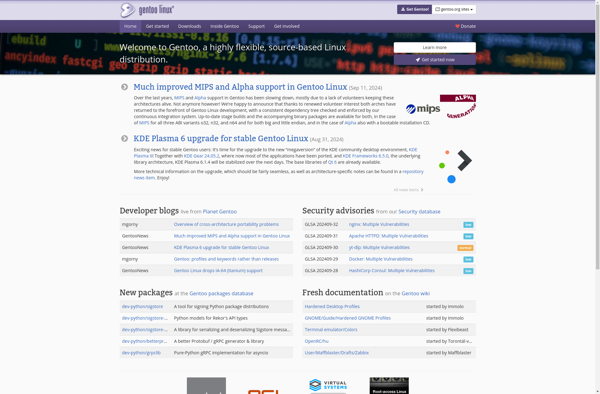MiniOS
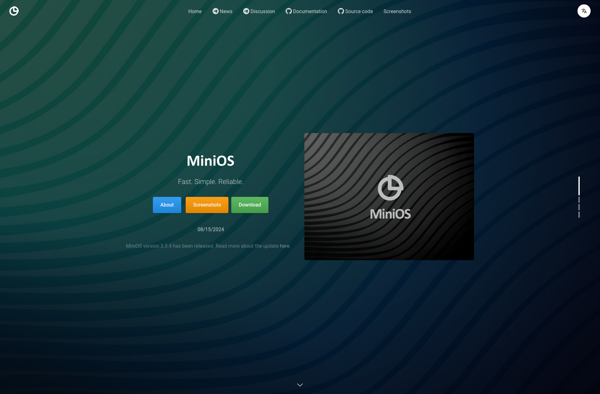
MiniOS: Educational Operating System
MiniOS is a small, open-source operating system designed for educational purposes. It is developed mainly to teach operating system concepts like process management, memory management, file systems, etc.
What is MiniOS?
MiniOS is an open-source, monolithic kernel-based operating system designed primarily for educational purposes. It provides basic OS functionality like process and memory management, file systems, device drivers, etc. while keeping the codebase small and simple for learning.
Some key features of MiniOS:
- Monolithic kernel architecture
- Preemptive multi-tasking of processes
- Scheduling algorithms like RR, SJF, Priority queues
- Virtual memory management using paging and segmentation
- Simple file systems like that mimic FAT or ISO
- Character devices, block devices driver interfaces
- Modular design allowing adding new components
- Extensive commenting for understanding code flow
- Built to run as a bootable OS or as a user process for debugging
Overall, MiniOS aims to help students, hobbyists, OS researchers learn inner workings of a basic OS by reading and experimenting with well documented kernel code. Its portable C code and modularity makes it easy to port and extend for any architecture or feature requirements.
MiniOS Features
Features
- Simple process management
- Basic memory management
- Simple file system
- Basic shell
- Modular design for teaching
Pricing
- Open Source
Pros
Cons
Official Links
Reviews & Ratings
Login to ReviewThe Best MiniOS Alternatives
Top Education & Reference and Operating Systems and other similar apps like MiniOS
Here are some alternatives to MiniOS:
Suggest an alternative ❐Linux Mint
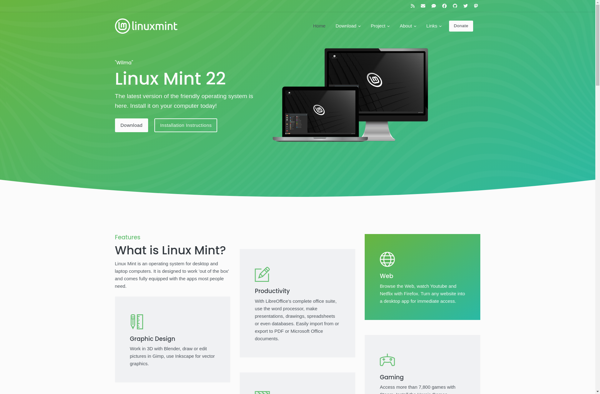
Zorin OS
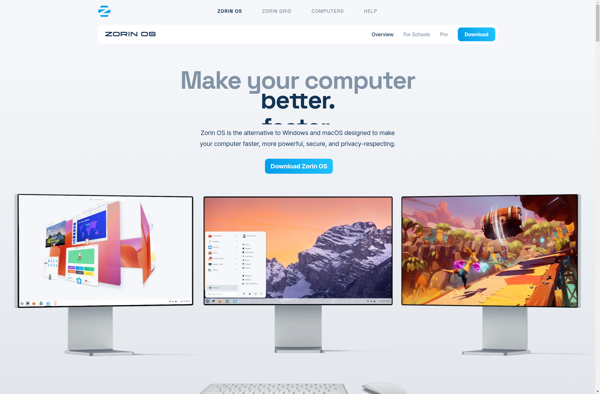
ReactOS
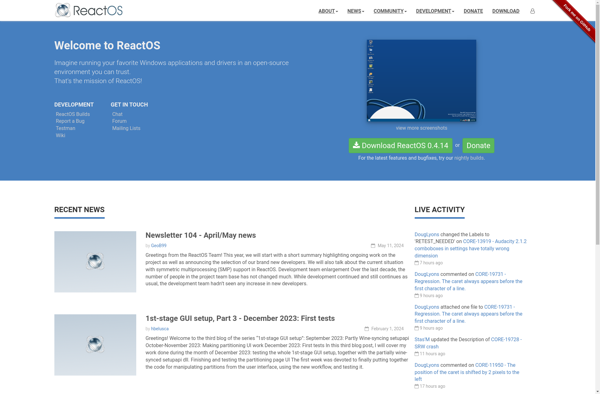
Debian

Fedora
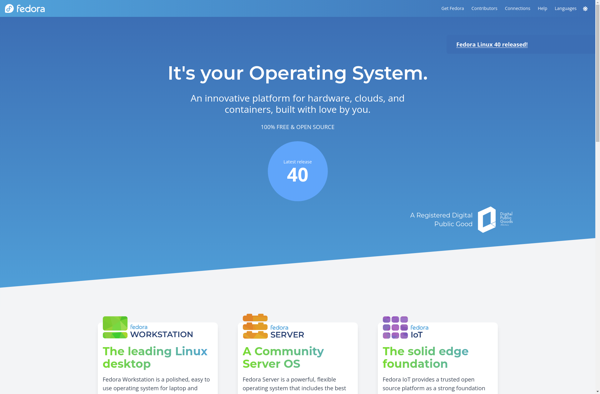
FreeBSD
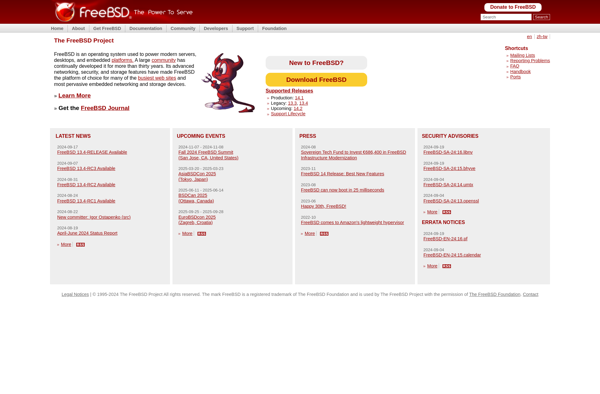
OpenSUSE

Pop!_OS
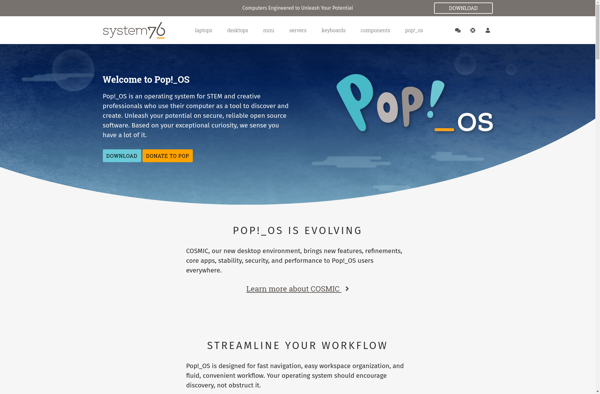
Lubuntu
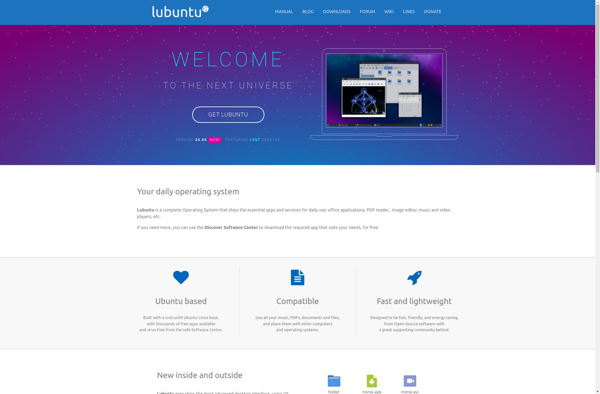
Red Hat Enterprise Linux
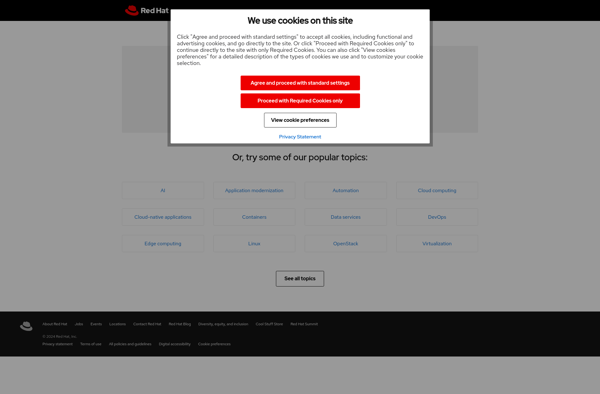
Kubuntu
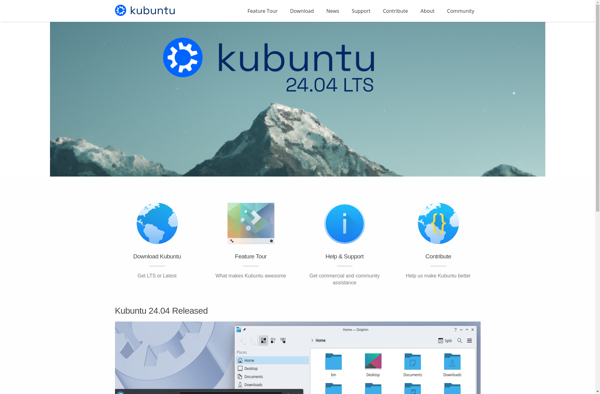
Gentoo
